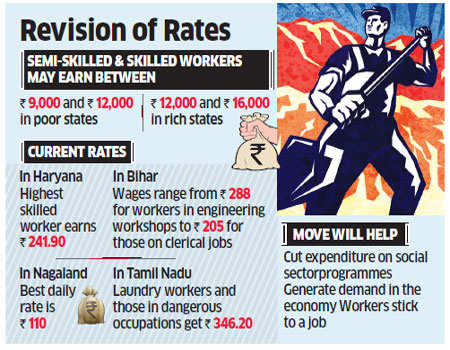 |
Who will be held responsible for spreading false information through WhatsApp?
Group admins is the answer, at least according to Police. |
Those on WhatsApp, which is most of you reading this, can testify to the offensive or inciting nature of many messages that pop up in the umpteen groups that you are definitely part of. What many would have dismissed as rumours or rants, however, tend to be taken seriously by some with real-world consequences. Law enforcement agencies and cyber law experts say that existing laws in India are vague as far as fixing responsibility for such messages. While few cases have been registered so far to establish a trend, some recent ones in Maharashtra have seen the Group admins being booked in each case. Does the lack of clarity leave the scope for misuse? Shubhomoy Sikdar finds out more from experts Vicky Shah and Vijay Mukhi.
Why do the admins end up taking the blame?
Vijay: In majority of the cases, the police fail to locate the person responsible for generating these posts and admins are held liable for the action of group members. But the fact remains that admins have more power in regulating content and members’ actions.
Vicky: Ideally the one who posts should be held responsible and not the admin as there is no provision in WhatsApp to moderate posts from members, unlike a Facebook Group. Since the Supreme Court struck down Section 66-A of the Information Technology Act, 2000, the Indian Penal Code, 1860 presently applies for handling offence on social media and provisions vary according to the crime.
Depending upon what is posted, either the IPC or IT Act may be applicable.
What if the objectionable post was forwarded from another group or individual?
Vicky: It is not an offence to receive any information. However, if the person forwards, transmits, distributes — without knowing its genuineness or otherwise — resulting in a loss or wrong done to someone, he/she may come under investigation and can also be made party or the accused.
I honestly did not know the message was harmful. Does that help?
Vijay: Then the onus is more on the admin just like if a licensed unit like a bar serves spurious liquor and people die, he himself will have to face action and cannot pin the blame on just the manufacturer.
Vicky: One can't take the defence of ignorance of subject or law and say we just forwarded what we received. It's up to the Investigating Officer to decide on whom to arrest.
What action can the police take?
Vicky: Police can take preventive action to maintain law and order in the State on the basis of information received. Complainants are the first witnesses or affected party to the offence and if a complaint exists, then it helps the police. However, depending upon the nature of the content of the Whatsapp message, non-members of the group, if aware, can also lodge a complaint.
What if the admin is not an Indian national or is based elsewhere?
Vicky: There are provisions in law which allow action to be taken against a person in another country or a foreign national.



